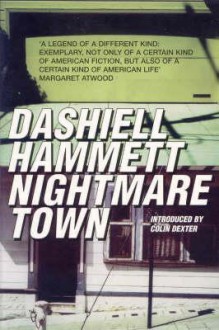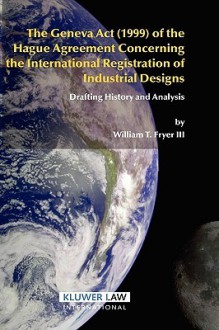
Howard Elias was a high-profile, but contentious Los Angeles lawyer, whose stock-in-trade was suing the LAPD. He only filed in the federal court and typically under the civil human rights codes, whereupon his skilled use of social media also rubbed salt into the open wound of racial tension that scarred the city. Elias was reviled by police, revered by those he represented, but when he is gunned down on ‘Angels Flight’ (a historic inclined railway and downtown landmark), the authorities are immediately fearful of a potential backlash and the possibility of a return to the violent racial riots of 1992. Realizing that many would believe the murder was perpetrated by the police and accordingly be mistrustful of their investigation, it falls to Deputy Chief Irving to hand this poisoned chalice to Detective Harry Bosch and his team. It’s a decision that carries risk. In such a politically-charged atmosphere, Bosch, Edgar and Rider know that their selection is a cynical nod to ethnic diversity, but they’re also capable investigators, with integrity and will demand that the chips fall where they may, despite attempts to stifle their efforts by the inclusion of Internal Affairs and the FBI.
Indeed, there are distractions aplenty for Bosch in this sixth book in the series, as his short-lived marriage to Eleanor Wish is in melt-down, his path is crossed once more by arch antagonist from the IAD, John ‘Sustained’ Chastain (see ‘The Black Ice’ and ‘Trunk Music’) and a succession of barriers arise, including a leak from within the department, barring his way to the truth. Readers/fans are, of course, familiar with the irreverent attitude of Bosch to the political calculations of his bosses and his resilience at being repeatedly thrown under the bus of investigations with the capacity to combust spectacularly, but he is also unerringly loyal to his team colleagues (past and present) and is always willing to take a hit for them.
In this powerful story, the plot is so much more than the obvious crime of murder and is as much about the hidden network of associates connected to the late Mr Elias and a swirl of cases,causes and effects, past and present, which continue to keep a fatal momentum of their own. In the impending ‘Black Warrior’ court case, Elias was again confidently primed to expose the depth of corrupt police behaviour and the inept nature of another flawed investigation by the LAPD. With the rhetoric of charismatic preacher Reverend Tuggins fanning the flames of a smouldering sense of injustice, in sections of the community, Bosch needs to solve the murder and prevent a potential miscarriage of justice, which could ignite the whole tinder box. Meanwhile, the book also draws into view those characters with politicized appointments tasked with fronting a system of justice that is seen to be good enough and must spin the unpalatable truth in ways that Bosch understands, yet despises.
Whilst the detective’s perspective of what’s right is laudably heroic to the reader, the body count that follows is high and I do wonder at the burden on his conscience moving forward. Still, Conelly also weaves lighter moments into his book, such as the poster advertising Clint Eastwood’s film “Blood Work” (a rather droll reference to his earlier title, wherein reality and fiction are neatly combined). In any event, I am compelled onward to “A Darkness More Than Night” (Book 7 in the series), with a real spring of 4 star satisfaction in my step.

 Log in with Facebook
Log in with Facebook 


 tment.
tment.






